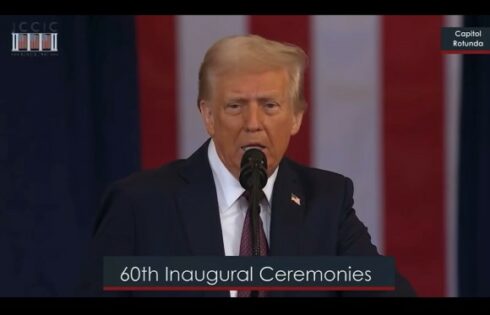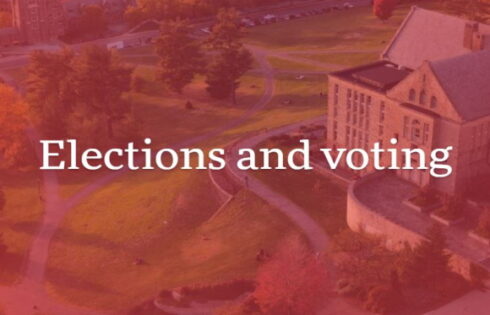Last year was a good year for school choice. Multiple polls showed broad public support for the initiative and a pair of studies detailed the success of school choice in the states of Indiana and Louisiana.
Now it’s time to celebrate that success. This week marks National School Choice Week, which began in 2011. The weeklong event features thousands of events nationwide that seek to highlight the pluses of school choice and showcase the opportunities school choice provides for students and families.
In an op-ed published by The Hill, Kevin Chavous, president of academics, policy, and schools for online education company K12 Inc., writes that there’s plenty to celebrate this year when it comes to school choice:
National School Choice Week gives us a time to refocus and reconnect. We know school choice matters. Every year parents tell us with their voices — and their feet! They want education options for their children and the freedom to choose. The numbers tell the story: 6,800 charter schools serving 3 million students; 41 private school choice programs serving more than 308,000 children; 2.3 million homeschoolers; over 300,000 students in online schools and thousands more in blended schools. Additionally, tens of thousands of teachers have found new jobs and opportunities through school choice.
In a time of partisanship and stark ideological difference, Chavous urges that school choice advocates use this week to continue to work with others despite whatever policy differences might exist:
he education reform community has long been known for its ability to set its differences aside to work toward a greater aim. It’s long existed as a large and diverse, albeit fragile, alliance between Democrats and Republicans, progressives and conservatives who believed in education choice. However, long-time observers have noted that in the wake of a bitterly partisan election year and education policy disputes at the state and federal levels involving hot button issues of private school choice, accountability, and civil rights, the rifts among education reformers are more exposed than ever.
For Chavous, the positives of school choice are too important to let petty squabbles get in the way of allowing students to get the education they deserve.
“Whether rich or poor, and regardless of color, background, geographic location, or academic need, every student deserves access to education options that work for them,” Chavous writes. “And all parents must possess the right and freedom to choose what they believe is best for their children. That is the central principle that should unite all education reformers.”
Like The College Fix on Facebook / Follow us on Twitter




Add to the Discussion